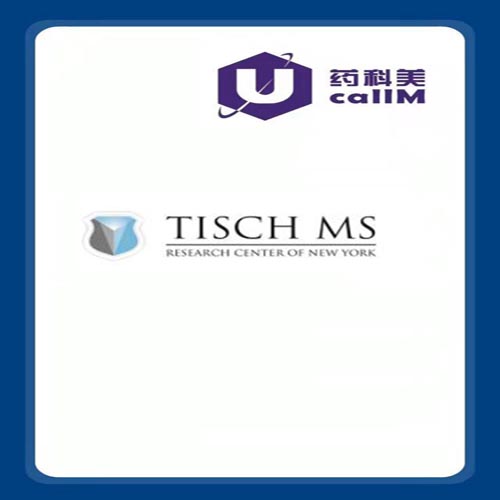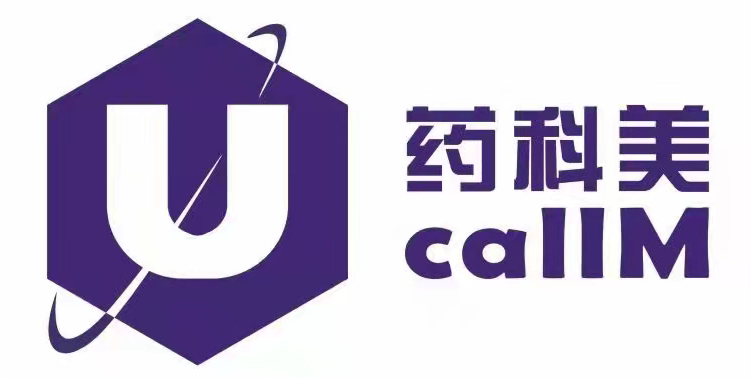TISCH产品代理

TISCH产品代理
该研究中心对多发性硬化症的病因进行开创性调查,生物标志物研究旨在开发精确的诊断和预测工具,使该疾病处于治疗神经科医生的控制之下,以及修复损伤的新再生策略对标准治疗无反应的患者的疾病。
STEM CELL TRIAL
The Tisch Multiple Sclerosis Research Center of New York (Tisch MSRCNY) was formally launched in 2006, but traces its' lineage to the MS Center at the Neurological Institute of New York at Columbia University Medical Center, which Saud A. Sadiq, MD, joined in 1992. The research arm consisted of a 320 square foot laboratory directed by Dr. Sadiq and dedicated to finding the cause and cure of multiple sclerosis. Moving to the Department of Neurology at St. Luke’s-Roosevelt Hospital in 1998, Dr. Sadiq reformed the center as the MS Research and Treatment Center in 1998, upgrading to a 2000 square foot facility in the process. With increased funding, the research wing more than doubled in size in 2003 and expanded to 10 researchers.
In 2006, Dr. Sadiq left the hospital/university setting and transformed the center into an independent, private, not-for-profit 501(c)(3) research institute, founding the Multiple Sclerosis Research Center of New York (MSRCNY), then and now the largest independent MS center in the world. The research center conducts groundbreaking investigations into the cause of MS, biomarker research aimed at developing precise diagnostic and predictive tools to bring the disease under the control of treating neurologists, and novel regenerative strategies for repairing the damage done by the disease in patients who are unresponsive to standard treatments. In 2012 with the generous assistance of our benefactors we initiated a further expansion to an area encompassing approximately 80,000 square feet to house the latest in research equipment and technology designed to accelerate the pace of MS research and treatment. The expansion included the installation onsite of two 3-Tesla magnetic resonance scanners to serve our clinical and research needs. The close relationship of the research center and the clinical practice, International Multiple Sclerosis Management Practice (IMSMP), speeds the translation of basic science into clinical practice and helps to test new treatments for MS. Our unity of purpose, and an ease of communication between the clinical and research staff of over 80 individuals creates a unique environment that accelerates the pace of scientific discovery and advancement at minimum cost and with minimal bureaucratic constraints.


